Blockchain 101 Decentraliztion - Why it matters?
All About Decentralization — Blockchain 101
Decentralization is essential to understanding blockchain technology. Learn what it means and why it matters with this article from the SUCI team!
Introduction
Decentralization is a term that has been gaining a lot of attention in recent years, especially with the rise of blockchain technology. It refers to the distribution of power and authority away from a central entity and towards individuals or smaller groups. The idea behind decentralization is to give more control to people and communities, and reduce the concentration of power in the hands of a few.
Graphic from Unsplash
The Problem with Centralization
Centralization can lead to a number of problems, including inequality, corruption, and censorship. When power is concentrated in the hands of a few, it becomes easier for them to abuse it for their own benefit. This can lead to a lack of transparency, which makes it difficult for people to hold those in power accountable. Centralization can also stifle innovation, as new ideas and technologies are often met with resistance from those who hold the power.
The Benefits of Decentralization
Decentralization offers several benefits, including increased transparency, greater security, and improved innovation. With a decentralized system, power is distributed among many different individuals or groups, which makes it more difficult for any one entity to abuse it. This can lead to greater accountability and transparency, which is essential for building trust between people and institutions.
Decentralization also offers greater security, as it makes it more difficult for hackers or other bad actors to compromise the system. With a centralized system, all the data is stored in one place, which makes it an easy target for cyber attacks. In contrast, a decentralized system spreads the data across many different nodes, which makes it much harder for hackers to compromise the entire system.
Finally, decentralization promotes innovation by reducing barriers to entry. With a centralized system, those in power can set the rules and determine who can participate. This can make it difficult for new ideas and technologies to gain a foothold. In a decentralized system, however, anyone can participate and contribute, which leads to greater innovation and creativity.
Conclusion
Decentralization offers many benefits, including greater transparency, security, and innovation. By distributing power and authority away from a central entity, it creates a more level playing field and reduces the concentration of power in the hands of a few. As blockchain and other decentralized technologies continue to gain traction, we can expect to see more and more applications of decentralization in a variety of fields.


